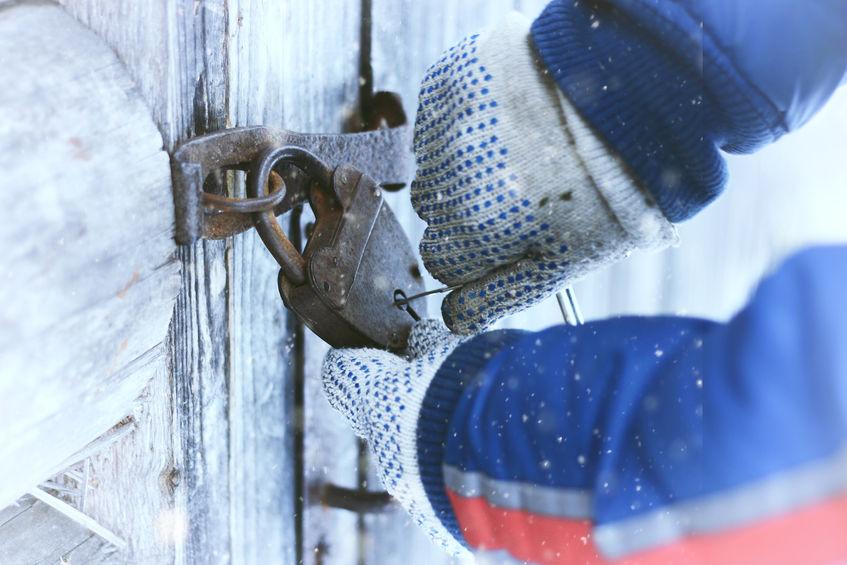
A new rural crime survey has been launched seeking to gain further insight into what farming and rural communities think about policing in the countryside.
Rural crime continues to be a key issue for farmers and landowners, but the extent of it is only part of the problem, according to survey organisers the Countryside Alliance.
For many people in rural areas, whether they have fallen victim to crime or not, the fear of crime alone can have a damaging effect on their mental health.
Rural crime doesn't just impact rural residents emotionally, it hits their pockets too. NFU Mutual says rural crime cost the UK an estimated £43.3m in 2020.
Last year, the Countryside Alliance's survey received over 8,000 responses, giving rural campaigners a valuable insight into the thoughts and feelings of those who live and work in the countryside.
Nearly half (47%) of the 8,000 who responded to the 2020 survey thought that the police in their area didn’t take rural crime seriously.
Over a third (38%) said that they have had a crime committed against them in the last 12 months - with one in four of those not being reported to the police.
The Countryside Alliance said it wanted to see how those attitudes and feelings had changed over the course of the past year.
Sarah Lee, director of campaigns for the group said: "We want to know about any crimes that have been committed against you, including ones that were not reported to the Police.
"How did being a victim of crime make you feel? Did the police respond appropriately?
"We are again seeking the views of those who live, work or regularly visit rural areas in England, Scotland and Wales, with a view to highlighting the true level of rural crime.”
Results will be used to inform Police and Crime Commissioners about the issues that matter to farmers. The findings will also be presented to the government.
The anonymous survey closes for responses on 8 November 2021 and can be completed online.
